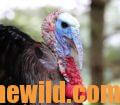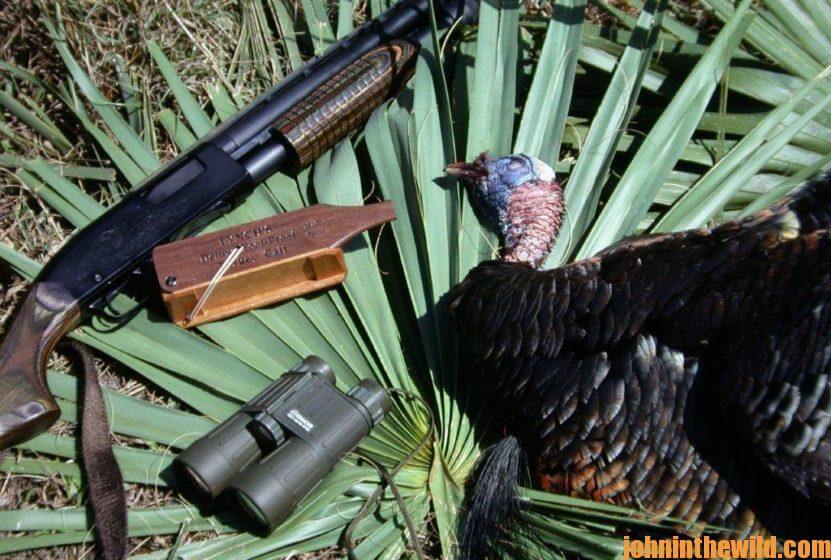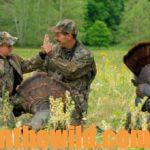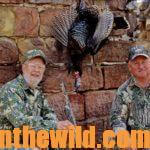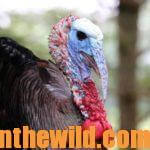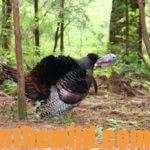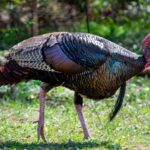Editor’s Note: Dr. James Earl Kennamer is the retired chief conservation officer of the National Wild Turkey Federation (NWTF) (https://www.nwtf.org/) in Edgefield, South Carolina. He’s spent 60 years hunting and researching the wild turkey. He received a B.S. in wildlife management from Auburn University and a master’s degree and a doctorate from Mississippi State University. I talked with him about the decline being seen in the nation’s wild turkey populations.
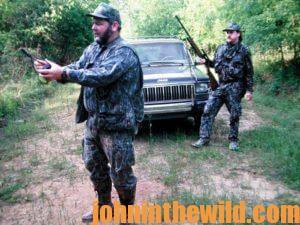 John E. Phillips: Dr. Kennamer, several years ago Alabama started a program to require turkey hunters to report the turkeys they took. Has that program seemed to keep up with the number of turkeys being harvested in the State of Alabama?
John E. Phillips: Dr. Kennamer, several years ago Alabama started a program to require turkey hunters to report the turkeys they took. Has that program seemed to keep up with the number of turkeys being harvested in the State of Alabama?
Dr. Kennamer: From my understanding of what I’ve heard from the State of Alabama, there appears to be some problems with this system. Only about 11,000+ turkeys were reported as “harvested” in the State of Alabama in 2019. If that’s true, a lot more turkeys are being hunted than are being reported by the hunters. Or, if that number is accurate, Alabama hunters aren’t harvesting near as many turkeys as they have in the past. Assuming 11,000 turkeys were all that were harvested in 2019 in Alabama, then the only thing that can be done to solve this problem is to reduce the season and reduce the bag limit to allow the turkey populations to recover. If some hunters are harvesting turkeys and not reporting them to Alabama’s Department of Conservation and Natural Resources Game and Fish Division, they’re responsible for the season being shortened, and the bag limit being reduced, which you said, John, and I agree.
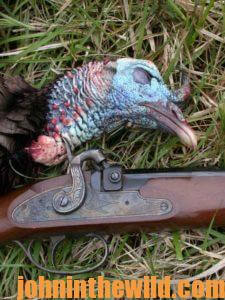 Phillips: Since we’re talking about Alabama, what percentage of turkeys do you think are actually being harvested?
Phillips: Since we’re talking about Alabama, what percentage of turkeys do you think are actually being harvested?
Dr. Kennamer: I don’t have any data to back up my assumptions. My best guess is possibly two turkeys are taken and not reported for every turkey that is reported by hunters. Or, at least one turkey isn’t reported for every one that is. With an honor system, there’s only so much that can be accomplished, because once a turkey hunter gets home with a gobbler he’s taken that he hasn’t reported, he feels like he’s home free. Many hunters don’t realize that when they don’t report their harvest, they’re hurting the resource and the opportunity to have more turkeys and to take more turkeys.
So, as I reported to a committee in South Carolina, “You can pay me now, or you can pay me later,” meaning that if we take fewer turkeys now, we can increase the number of turkeys that can be harvested in the future. If we don’t report our harvest of birds, then the seasons will have to shrink, and the bag limits will be reduced to help the flocks increase. If we continue on the path of not reporting the harvests, and states keep long turkey seasons with liberal bag limits, you’ll probably hunt numbers of days until you hear a gobble. You’ll also find fewer gobbling turkeys to take because there’s one thing for sure, dead turkeys don’t gobble.
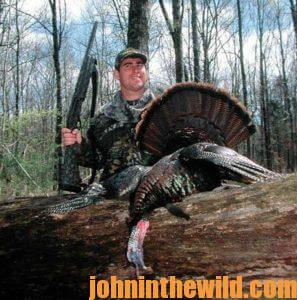
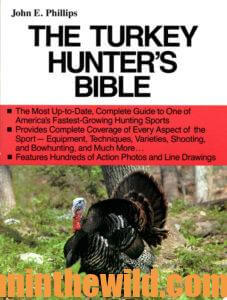 To learn more about turkey hunting, check out John E. Phillips’s book “The Turkey Hunter’s Bible,” available in print, Kindle and Audible versions at https://www.amazon.com/gp/product/B007HT1IUS/ref=dbs_a_def_rwt_hsch_vapi_taft_p1_i7. You may have to cut and paste this link into your browser. (When you click on this book, notice on the left where Amazon says you can read 10% of this book for free and hear 10% for free). To learn more about other turkey books by John E. Phillips, go to www.amazon.com/author/johnephillips.
To learn more about turkey hunting, check out John E. Phillips’s book “The Turkey Hunter’s Bible,” available in print, Kindle and Audible versions at https://www.amazon.com/gp/product/B007HT1IUS/ref=dbs_a_def_rwt_hsch_vapi_taft_p1_i7. You may have to cut and paste this link into your browser. (When you click on this book, notice on the left where Amazon says you can read 10% of this book for free and hear 10% for free). To learn more about other turkey books by John E. Phillips, go to www.amazon.com/author/johnephillips.
Tomorrow: Turkeys May Live in Your Front Yard Now and in the Future


